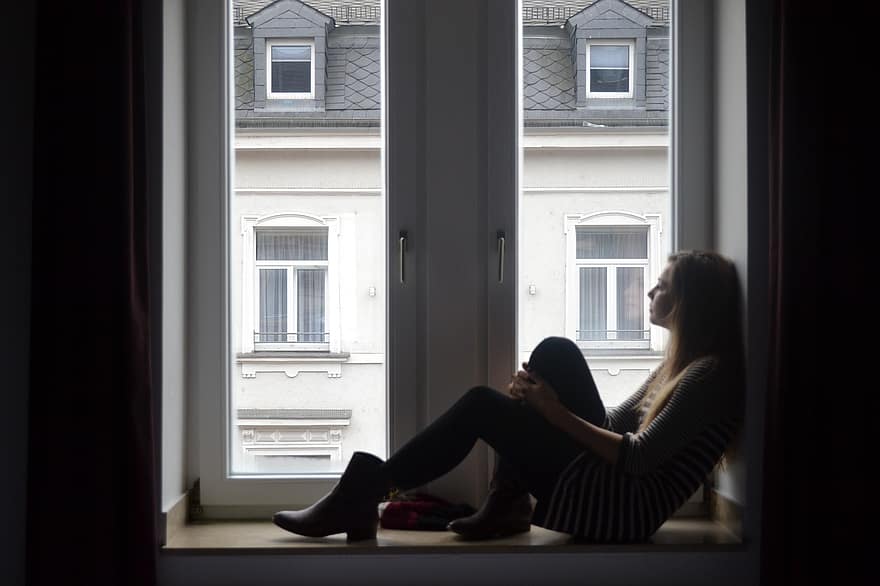With infections continuing to rise sharply, Belgium could face problems with the current quarantine rules. In light of this, a more relaxed approach could be justified, according to Frank Vermassen, head doctor at the Ghent University Hospital.
As the highly infectious Omicron variant causes infections to soar, many people are stuck in quarantine, leading employers' federations to call for the current quarantine rules to be relaxed to avoid high levels of staff absenteeism.
"We have to keep everything safe but also limit the impact on society as much as possible," Vermassen said on Flemish radio on Tuesday. "The ideal would be to keep all those who are sick and infectious in isolation and keep all the rest at work."
Currently, those infected with the coronavirus must isolate for ten days while the rest of their household goes into quarantine. In the meantime, various countries, like the United States, have opted to halve that isolation period.
Yet for such an approach to work, Vermassen stressed the need to have a system that properly identifies who is sick and/or infectious.
Related News
- Belgium expected to announce new quarantine rules
- Rapid increase in new Covid-19 cases continues in Belgium
- Dutch schools will reopen as planned after Christmas break
Vermassen favours a system that would allow people who have received a booster shot not to quarantine, or rather to quarantine for a shorter period of time: "You could test people more quickly or, through a system of self-testing, try to avoid letting people who are infectious into the workplace."
Although it seems that Omicron is less severe, Vermassen voiced concern about the impact of this new wave on healthcare. "When two or three times as many people get infected, the virus may be two or three times less severe but there will still be an equal number of people in hospital."
New policy to be decided
On Monday afternoon, Belgium's various health ministers met during an Interministerial Conference (IMC) to discuss new policies for quarantine and 'testing and tracing,' but did not reach a decision.
A new meeting on the subject is scheduled to take place on Tuesday afternoon from 14:00, Flemish Health Minister Wouter Beke's spokesperson Carmen De Rudder confirmed to The Brussels Times.
At Monday's meeting, "a few things still had to be sorted out, politically and technically," she said. "But we are working on them now and they should be sorted out by the meeting this afternoon."
According to reports in local media, it seems as if ministers will drop the need for PCR testing after a high-risk contact and only make quarantine after such a contact necessary for those who have not had a vaccine for more than five months (either their second dose or their booster).
However, those would then be allowed to leave quarantine from day 4, subject to daily negative self-testing. For now, the plan is reportedly to have the new regulation enter into force from next Monday 10 January.

